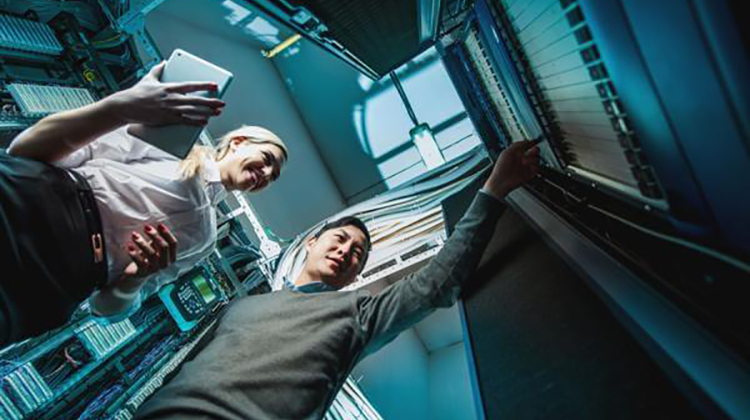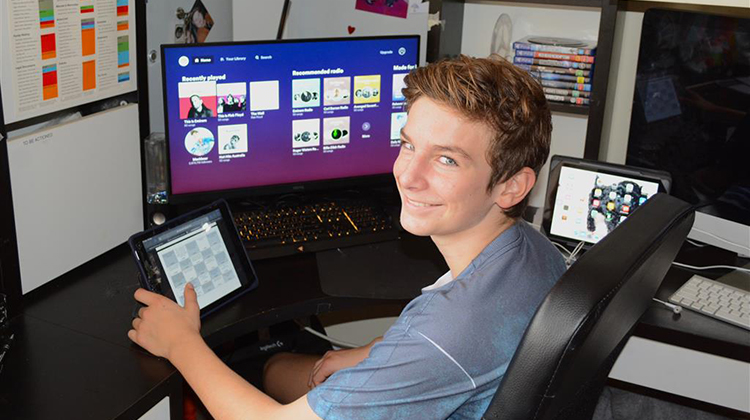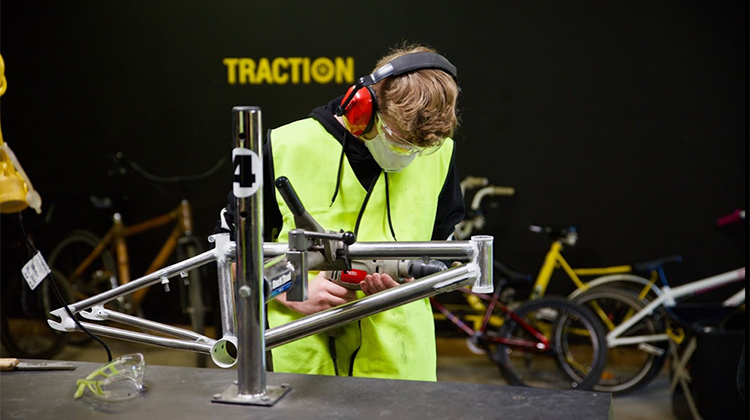Articles
Super early
Your super and COVID-19: what you need to know
How teachers should approach accessing super early under virus measures.
Help for low SES VCE
Materials for disadvantaged VCE students
State Schools’ Relief has redirected their funds from providing uniforms, shoes and bags to prioritising at-risk year 12 student.
You're in
Passion counts in uni acceptance
Students who have completed Year 11 can apply for direct entry into an Australian Catholic University business degree through the university’s Passion program.
Stressed
Australia’s principals under extreme stress even before pandemic
Nearly one in three principals face stress and burnout from their jobs exacerbated by high levels of threats and physical violence but the pandemic could usher in better attitudes.
KISS
Tips for online learning when the classroom closes
As digital learning goes mainstream in a hurry, right now, the key for teachers is to keep it simple
Hi AI
AI in education more hype than help?
There was a lot of fuss over AI at the huge EdTech show in London but how much of it amounted to gimmickry?
Data safety
Today’s data-security lesson: educational institutions can’t rely on the cloud
Top cloud providers do protect core infrastructure and services. But it is the customer’s responsibility to secure that data.
Be well
Mindfulness practice for the whole family
Smiling Mind, has announced the launch of its Family Program, co created with Medibank, to foster positive mental health habits among Australian families.
International schools virus response
How international schools are responding to COVID
Schools everywhere have faced the need for rapid change to remote learning during COVID-19. International schools in Asia have also had to deal with the added complication of operating in COVID hot zones.
Trust teachers
What happens to our education system after all of this?
What happens to our education system after COVID-19? Who knows. Teachers, for one, certainly don't. Perhaps, that's the problem with our system.
They went early
Macarthur school adapts quickly to home schooling during COVID-19 pandemic
As early as January, the Headmaster of Macarthur Anglican School began planning for a potential lockdown period when COVID-19 began to surface.
Increased funding
St. George Foundation doubles amounts available
Emergency payments of up to $5000 for approved charities who are experiencing immediate funding pressure as a result of COVID-19 can also be accessed now by applying through the St.George Foundation website.











